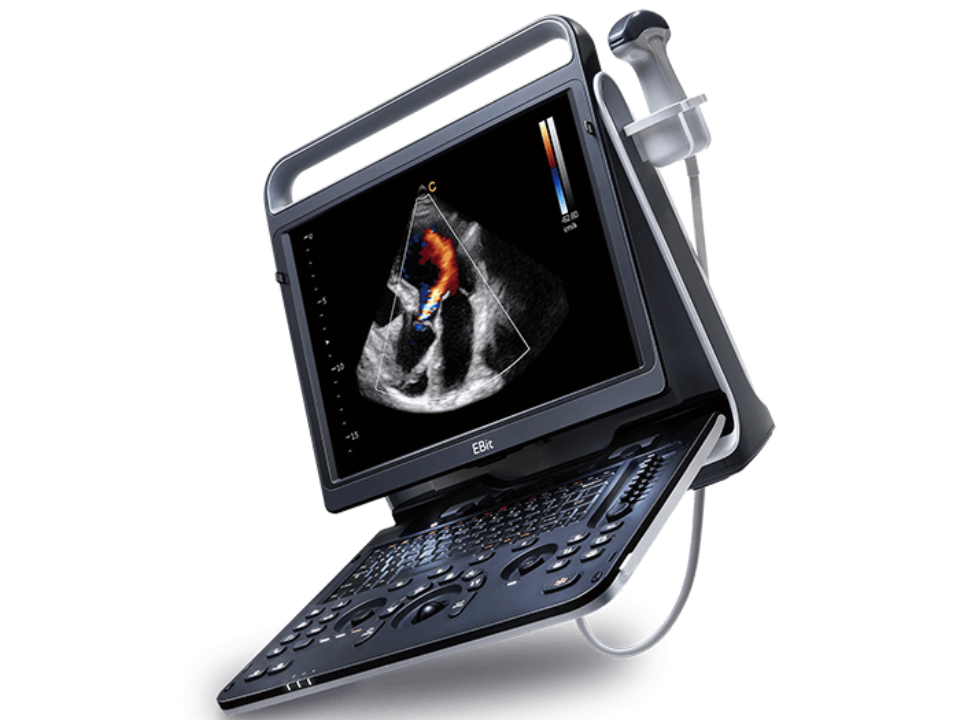
An echocardiogram, commonly known as an ECHO, is a sonographic imaging technique that uses ultrasound waves to create images of the heart. This non-invasive procedure is a key tool at Sahan Diagnostic Center for assessing the heart’s structure and function, aiding in the diagnosis and management of various cardiac conditions.
It provides real-time images of the heart, allowing for the assessment of the heart's chambers, valves, walls, and blood vessels.
Echocardiography is a painless procedure that does not use ionizing radiation, making it safe for all patients, including those with chronic health conditions and pregnant women.
This technique measures The heart's walls, which can indicate how well the heart pumps blood and can help in identifying areas of the heart muscle that aren't contracting effectively
Echocardiography is crucial for identifying abnormalities in heart valves, such as stenosis or regurgitation, and is essential in diagnosing various types of cardiomyopathies and congenital heart defects.
It measures the ejection fraction to gauge heart function and assesses diastolic function to understand how well the heart relaxes and fills with blood.
It helps determine the underlying cause of heart failure and monitors the effectiveness of treatments, whether due to weakened or stiff heart muscle or valvular heart disease.
Post-heart attack, it can show areas of the heart muscle that are not contracting normally, and it’s also used in diagnosing myocarditis, the inflammation of the heart muscle.
It guides interventional procedures like balloon valvuloplasty and assists in guiding needle biopsies of the heart muscle.